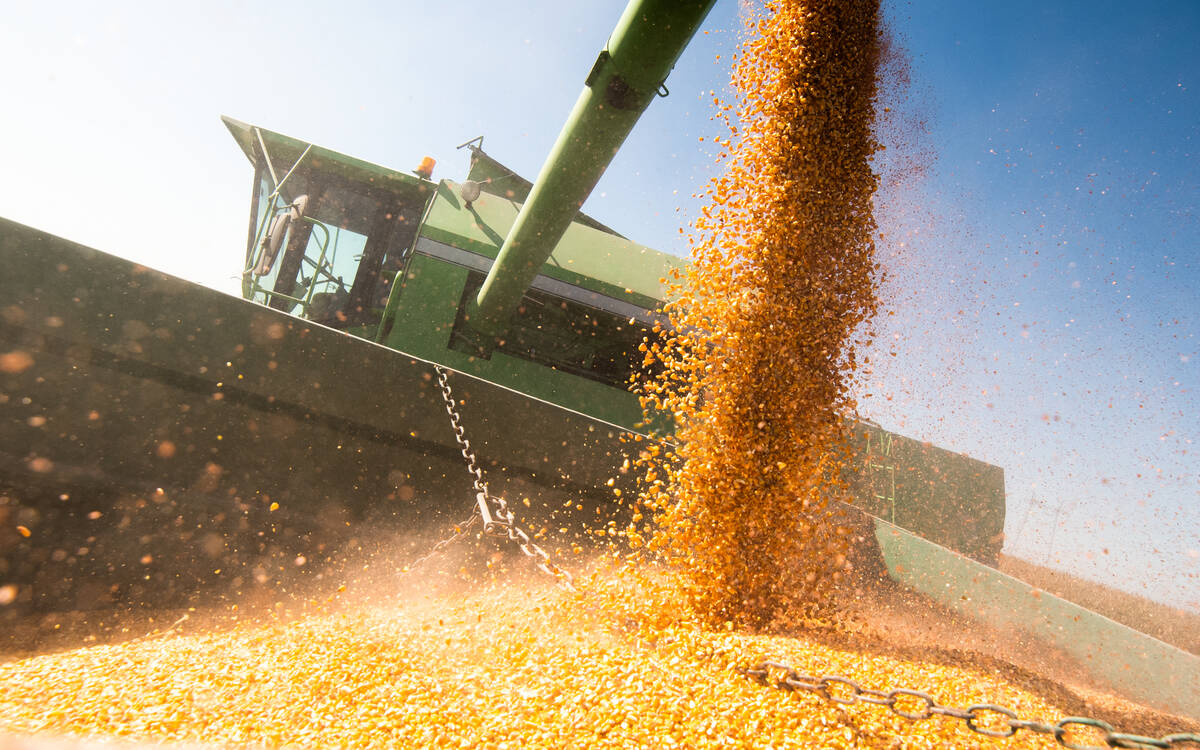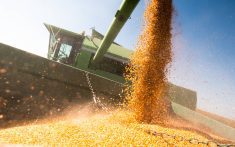Canada has become one of the first countries to pledge a minimum nine figures of food assistance per year as it formally adopts a new international treaty.
The Food Assistance Convention, ratified so far by Canada, the U.S., the European Union, Denmark, Japan and Switzerland as its founding members, came into force Jan. 1 and requires member countries to pledge a "minimum annual level of quality food assistance" to developing countries.
The treaty, according to Julian Fantino, Canada’s minister for international co-operation, will give the United Nations’ World Food Programme "the knowledge and certainty they need for long-term planning and purchasing, making them more flexible and efficient in what they buy and where they buy it."
Read Also

Feed Grain Weekly: Corn affecting barley prices in Lethbridge
Corn imports entering Lethbridge have lowered prices for feed barley compared to those in Edmonton.
In Canada’s case, the minimum commitment announced Tuesday will be $250 million per year in food assistance "promising to help make delivery of food more efficient," the government said.
The guaranteed commitments in the treaty "can pay dividends for food suppliers, such as Canadian farmers and processors, as well," Fantino said in a speech Tuesday to the Saskatchewan Global Food Security Forum meeting in Saskatoon.
"With the quality and consistency of Canadian products, Canadian farmers and processors would be able to compete and succeed as the supplier of choice for food assistance buyers."
The new and legally binding treaty’s features include "new forms of food assistance to protect and improve access to food for those most in need," the government said Tuesday.
For example, it includes the use of cash and vouchers to allow people to buy what they need in local markets, as well as the provision of seeds and tools to help "restart livelihoods" following emergencies.
The treaty also endorses "nutritional interventions," which the government said are meant to help "particularly vulnerable groups, such as children and mothers, get the right food they need at the right time."
"Hopeful"
"We are pleased that the government has taken this important step, and for making a significant minimum commitment to provide food assistance for those who don’t have enough to eat," Canadian Foodgrains Bank executive director Jim Cornelius said in a separate release.
The Foodgrains Bank, he added, is "hopeful that Canada will continue to provide more than the minimum — as they have done in the past."
The treaty’s supports are based on current estimates that about 900 million children, women and men "do not have enough nutritious food to eat due to extreme poverty, natural disasters and conflicts, resulting in 50 million children under the age of five suffering from acute malnutrition," the government said.
The Foodgrains Bank, a partnership of Canadian church-based agencies, said the treaty will allow it to use funds from the Canadian International Development Agency (CIDA) to "address food-insecure situations in new ways" and to use government funds for nutritional interventions.
The first session of the Food Assistance Committee, which includes representatives from all parties to the treaty, is to be held later this month, the government said.
Related stories:
Canada backs World Bank’s food security plan, April 23, 2010
New food aid strategy boosts program funding, Oct. 19, 2009
Canada boosts food aid, lifts limit on sourcing, April 30, 2008














